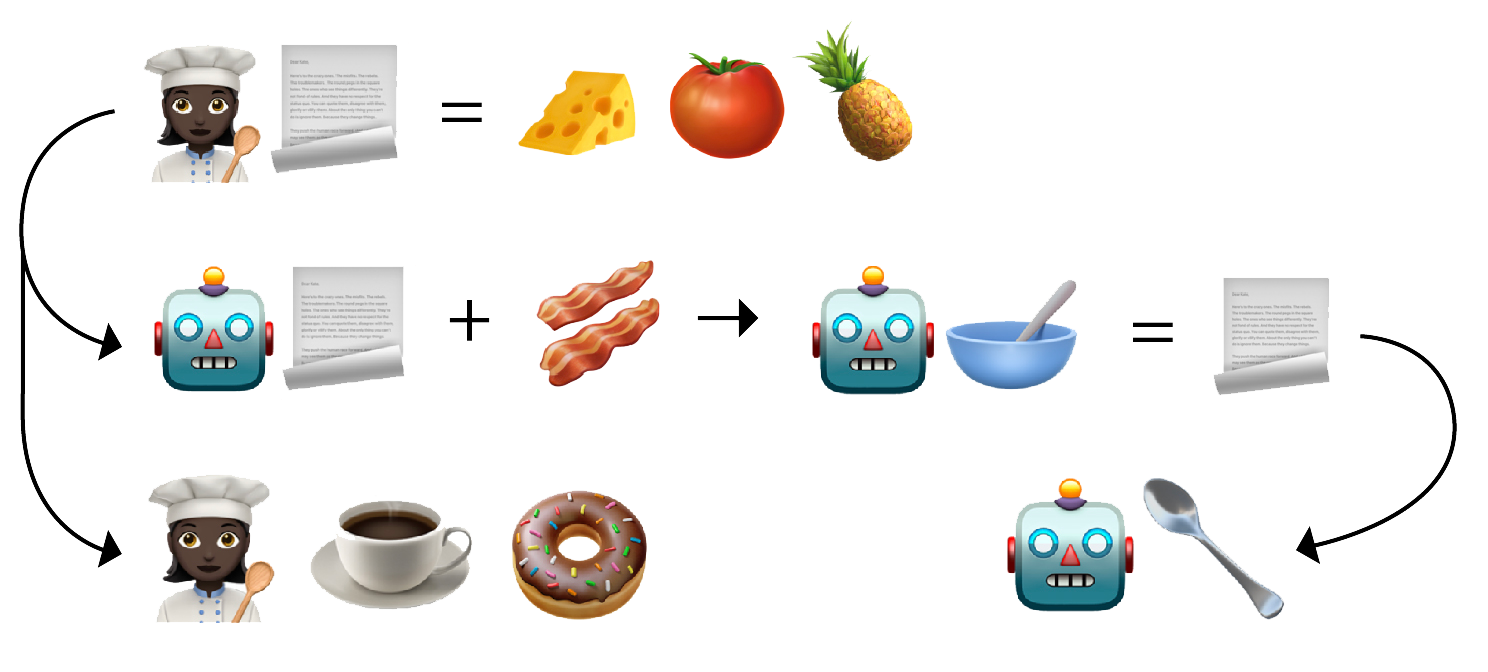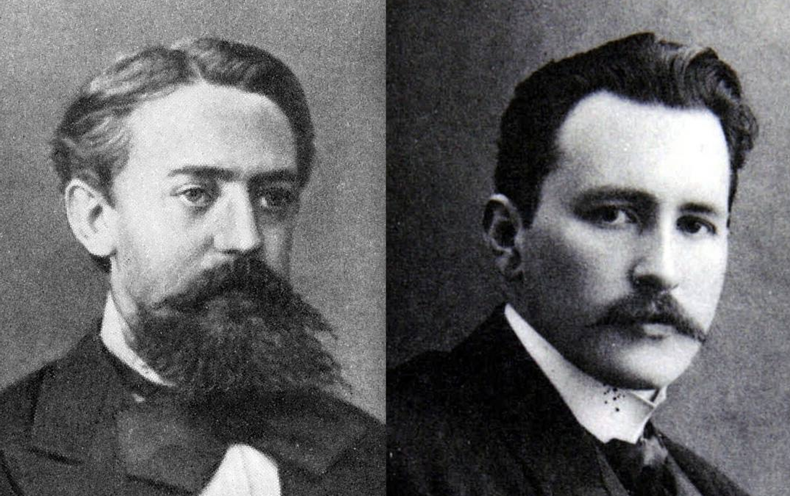
Entropy, Integration, and Mind - Domo Futu
In our efforts to understand human behavior and mental health, it can be tempting to simplify our perspective, reducing the complexities of human experience to tangible metrics like biochemistry or neural activity. Yet, as thinkers from diverse disciplines have pointed out, such reductionism often fails to capture the full spectrum of what it means to be human, much less what it means to be well. Recently, I came across an exploration of this idea, "A View of Neurosis as Entropy," and it further clarified for me the prudence of embracing a multidimensional understanding of mental health.
Serendipitously, I encountered "A View of Neurosis as Entropy" just as I was also reading Steven Strogatz’s wonderful book Sync: How Order Emerges from Chaos in the Universe, Nature, and Daily Life. The synchronicity of these two discoveries felt like a remarkable opportunity for synthesis. Strogatz’s exploration of synchrony in complex systems suggests a complementary lens through which to understand the article’s insights into neurosis and psychological entropy. These reflections also brought to mind Daniel J. Siegel’s Mind: A Journey to the Heart of Being Human, which I read last year, particularly his profound ideas on integration. Together, these ideas begin to sketch the outlines (at least) of a coherent thesis: that mental health, like many self-organizing systems, is a dynamic interplay of entropy and integration, disorder and coherence.
Drawing inspiration from Ilya Prigogine’s work on self-organizing systems 1 , the article challenges the notion that human beings can be fully comprehended at a single level of description. Prigogine’s insights into how systems achieve order through interactions with their environment suggest an interesting framework for rethinking mental health. Specifically, thinking analogously in this way suggests an interpretation of neurosis—a term historically used to describe various psychological disturbances—not as a biochemical imbalance or a purely behavioral dysfunction, but as a form of psychological entropy.

















